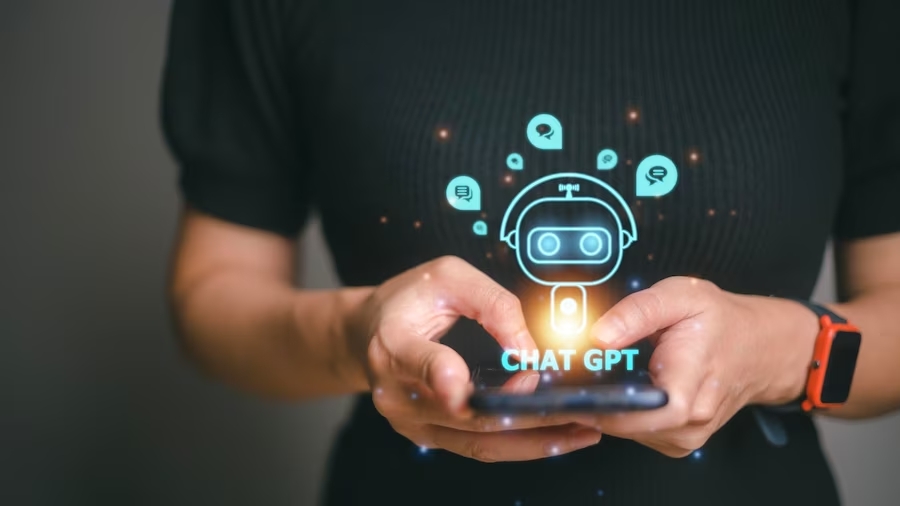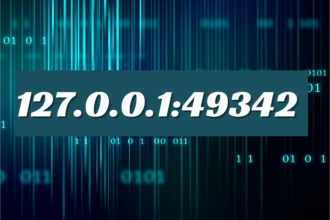Myths About ChatGPT: Debunking Misconceptions about a Powerful Tool
- 1 Debunking Misconceptions And Myths About ChatGPT
- 1.1 Myth 1: ChatGPT is self-aware or sentient
- 1.2 Myth 2: ChatGPT guarantees instant results and improvements
- 1.3 Myth 3: ChatGPT can replace human interaction
- 1.4 Myth 4: ChatGPT is a real human pretending to be an AI language model
- 1.5 Myth 5: ChatGPT is accurate all the time
- 1.6 Myth 6: ChatGPT will take jobs
- 2 Conclusion
ChatGPT is a powerful tool developed by OpenAI that has gained significant attention and popularity in recent years. However, along with its rise in prominence, several myths and misconceptions have emerged surrounding its capabilities. In this article, we will explore and debunk some of the most common myths about ChatGPT, shedding light on its true nature and functionality.
Debunking Misconceptions And Myths About ChatGPT
Myth 1: ChatGPT is self-aware or sentient
Some individuals believe that ChatGPT has a mind of its own and possesses self-awareness. However, this is far from the truth. ChatGPT is a language model that has been trained on an extensive amount of text data. While it can generate informed responses on a wide range of subjects, it is important to note that its knowledge is confined to the data it was trained on, which has a cutoff date in 2021. As a result, ChatGPT may not be aware of the latest developments, research, or events beyond that timeframe.
Myth 2: ChatGPT guarantees instant results and improvements
Another misconception about ChatGPT is that it guarantees immediate results and improvements. In reality, ChatGPT is not a magical solution that can instantly transform a business or project. It is a tool that requires careful planning, strategic implementation, and ongoing monitoring to achieve desired outcomes. Like any other tool or technology, the effectiveness of ChatGPT depends on how it is utilized and integrated into existing processes.
Myth 3: ChatGPT can replace human interaction
One of the common myths surrounding ChatGPT is that it can replace human interaction. While ChatGPT is indeed a remarkable language model capable of generating responses based on input, it lacks the ability to truly understand the complexity of human language and conversation. It operates based on patterns and correlations in the training data, rather than comprehending the meaning behind the words. Consequently, its responses may often be shallow and lacking in depth and insight compared to human interactions.
Myth 4: ChatGPT is a real human pretending to be an AI language model
There is a misconception that ChatGPT is a real human pretending to be an AI language model. However, this is not the case. ChatGPT is an artificial intelligence language model developed by OpenAI, utilizing deep learning techniques to generate responses based on the input it receives. It is a product of advanced technology and sophisticated algorithms, designed to simulate human-like conversation.
Myth 5: ChatGPT is accurate all the time
While ChatGPT is undoubtedly a powerful tool, it is not infallible. Its accuracy is contingent upon the data it was trained on, and it may not always provide accurate or relevant responses to every input. As with any AI system, ChatGPT has limitations and can produce errors or outputs that may not align with the user’s expectations. It is essential to consider its responses critically and verify information from reliable sources when necessary.
Myth 6: ChatGPT will take jobs
There is a prevailing concern that ChatGPT will replace human workers and render certain jobs obsolete. However, the purpose of ChatGPT is not to replace humans but to augment their capabilities and improve efficiency in specific areas. By automating repetitive or time-consuming tasks, ChatGPT allows humans to focus on more complex and creative aspects of their work. It serves as a valuable tool for streamlining processes and enhancing productivity rather than a replacement for human labor.
Conclusion
ChatGPT is an impressive tool developed by OpenAI, but it is important to dispel the myths and misconceptions surrounding its capabilities. While it can generate informative responses and assist in various tasks, it is not self-aware, cannot guarantee instant improvements, and should not replace human interaction or expertise. By understanding its strengths and limitations, using it responsibly, and supplementing it with human involvement when necessary, ChatGPT can be a valuable asset in enhancing productivity and supporting decision-making processes.


















